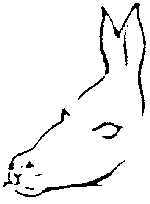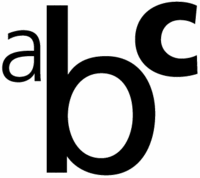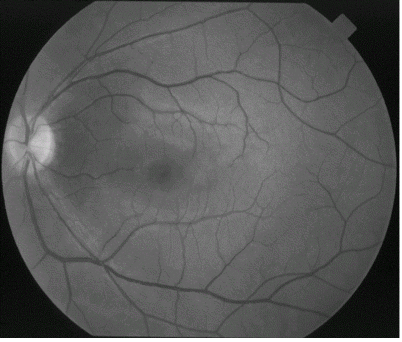Visual To Reading
Two posts earlier I assumed that people read less because of the development of our visual culture (which I’m still agree). Someone had a comment on it with a few questions about our visual perception related to hearing. Therefore I felt to add some other thoughts and explain it a bit further. We human beings are in fact visual creatures. Our perception of outside world takes shape at the moment we open our eyes to universe. The world or the image is not “given” but constructed. In visual perception we are not like passive cameras, and even the idea that the mind takes selective 'snapshots' underplays our active interpretation of the world.
We human beings are in fact visual creatures. Our perception of outside world takes shape at the moment we open our eyes to universe. The world or the image is not “given” but constructed. In visual perception we are not like passive cameras, and even the idea that the mind takes selective 'snapshots' underplays our active interpretation of the world.
Amongst the senses, Plato gave primacy to sight. When he decided that we had five senses, Aristotle ranked sight over hearing: “Of all the senses, trust only the sense of sight”. Plato and Aristotle closely associated vision and reason. Thinking is also associated with visual metaphors: “observation” privileges visual data; phenomenon (Greek: exposing to sight); definition (from definire, to draw a line around); insight, illuminate, enlighten, vision, reflection, clarity, perspective, point of view, overview, farsighted… And even our commonly-used phrases in daily life emphasize the primacy of the visual:
"Seeing is believing"
"Let me see"
"Love at first sight"
"What does she see in him?"
"In the mind's eye"
"Draw your own conclusions"
"See what I mean?" etc…
Of course there are intensive psychological studies about our visual perception. The relative openness of images to interpretation can serve as a reminder that the 'meaning' of an image cannot be simply equated with a universal, unitary, fixed and objective “content” - meaning is not “extracted” but is constructed in the process of interpretation.

What do you see here, a donkey, a seal or some ink spots?

 My thought about the effect of our visual culture on our reading habit was as a result of technological achievement of men and the interaction between human and technology. But in fact “our reading” is also based on visual forms. The alphabets, the letters are actually abstract visual forms to represent language. It’s same for the music notation as well. It’s strange actually how we learn to translate this visual forms to represent a certain sound, voice, ideas or thoughts. The pictograms, signs, symbols, icons are also different forms of visual communication. The language, in any kind of form, IS visual.
My thought about the effect of our visual culture on our reading habit was as a result of technological achievement of men and the interaction between human and technology. But in fact “our reading” is also based on visual forms. The alphabets, the letters are actually abstract visual forms to represent language. It’s same for the music notation as well. It’s strange actually how we learn to translate this visual forms to represent a certain sound, voice, ideas or thoughts. The pictograms, signs, symbols, icons are also different forms of visual communication. The language, in any kind of form, IS visual.
Our technological development and the effect of media on different forms of visual communication will definitely influence our perception and our language--also the way we live and think: “Internet has heavily effected 2 cr8 new ways 4 using the language, r u disagree? : -) lol”... It’s strange to see this linguistic metamorphosis through the medium (personally I’m not quite sure if it’s a positive development. It reminds me the limited language use in novel 1984 (doublespeak, doublethink). If people are limited to express themselves through language it means that the way they think is also limited (“The limits of my language mean the limits of my world” – Ludwig Wittgenstein). Then it’s not difficult to create a “Brave New World”, right?. But I prefer to think that it’s just a phase of adaptation the new medium in our lives.)
Technology is growing exponentially, our perception and receiving information is drastically changed if you compare it to 50 years ago and who knows how we will communicate in 50 or 100 years later. Maybe we do not need to read books anymore but just download it through our neural network ports and receive images and text just like any other binary data. Of course there is also the Virtual Reality technology which is quite primitive for now but for later… What would be the effect of this technology on our perception of reality? (don’t make comparisons with Matrix please, I hate that. Though I like it as a film, if you want to give a movie as an example there are better ones than Matrix). Yes, perception of reality is always an interesting subject, even more if it's virtual.
Yes, perception of reality is always an interesting subject, even more if it's virtual.
2 Noises:
Lecture notes for an Introduction to Media Theory class at the University of Wales: http://www.aber.ac.uk/media/Modules/MC10220/visper01.html
Thanks for posting this link. I'd read it as well as you know but I forgot to add a link from my post.
Post a Comment
<< Home